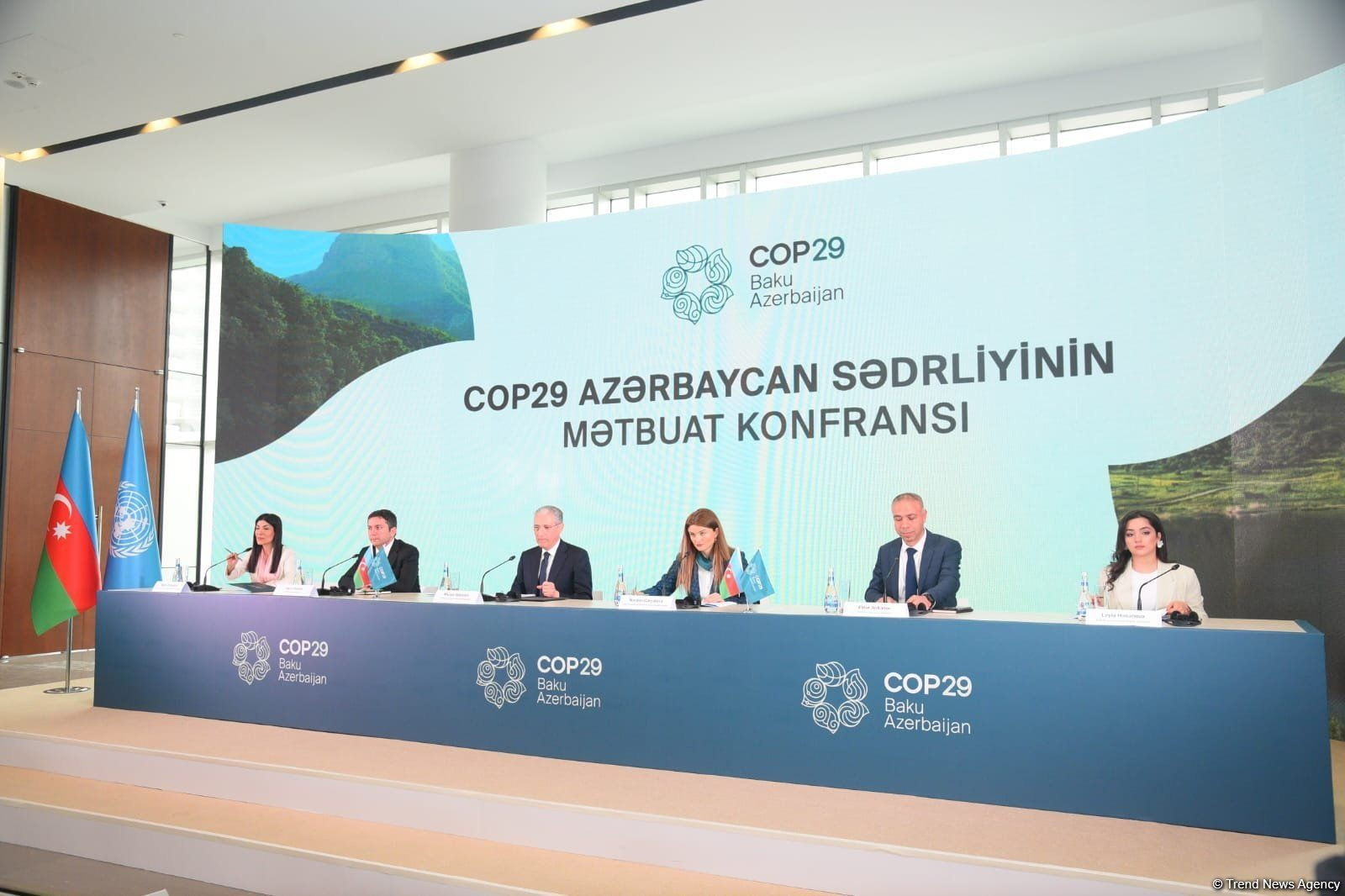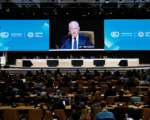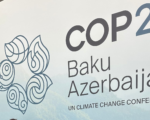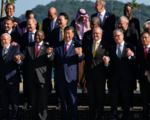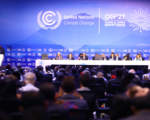At the COP29 summit in Baku, Azerbaijan, world leaders reached an agreement on climate finance, with wealthy nations pledging to provide $300 billion annually by 2035 to assist poorer countries in addressing the severe impacts of climate change. However, the deal came after over two weeks of contentious negotiations and divisions that nearly caused the summit to collapse.
The $300 billion pledge, while a significant commitment, was met with sharp criticism from developing countries, who argued that it fell drastically short of the $1.3 trillion economists say is necessary to help these nations adapt to climate change. India’s representative, Chandni Raina, condemned the amount as “abysmally poor,” labeling the agreement an “optical illusion” that could not tackle the scale of the climate crisis. Similarly, Tina Stege, climate envoy for the Marshall Islands, called out the deal for failing to provide sufficient funding to the most vulnerable nations, blaming fossil fuel interests for blocking progress.
The agreement stipulates that wealthy countries, including the US and European nations, will contribute to the $300 billion, a mix of public and private financing. This pledge builds on a previous commitment made in 2009 for $100 billion annually, which had only been met in 2022. While developing nations had requested a larger sum—$500 billion annually—the proposal was rejected by richer nations, citing current economic constraints.
Another contentious point was the lack of binding contributions from emerging economies like China and Saudi Arabia. Though the deal encourages voluntary contributions from these nations, it imposes no obligations, drawing criticism for failing to adequately address their role in the climate crisis.
The summit was held in a politically charged atmosphere, dominated by fossil fuel interests. Over 1,700 fossil fuel lobbyists attended, surpassing the number of country delegates. Saudi Arabia, a major oil exporter, exerted significant influence, rejecting any reference to fossil fuels in the final agreement, further fueling dissatisfaction.
Despite these challenges, the deal was finalized at 2:40 a.m. local time on Sunday, nearly 30 hours past the original deadline, with more than 30 countries walking out at various points during the negotiations. Mukhtar Babayev, president of COP29, expressed pride in the outcome, stating that skeptics were wrong to doubt the summit’s success.
While some leaders, including Simon Stiell of the UN Framework Convention on Climate Change, hailed the deal as a crucial step forward, many activists and representatives of developing nations remain dissatisfied, arguing that the deal offers little more than a Band-Aid for the deeper financial needs of climate-vulnerable countries.


